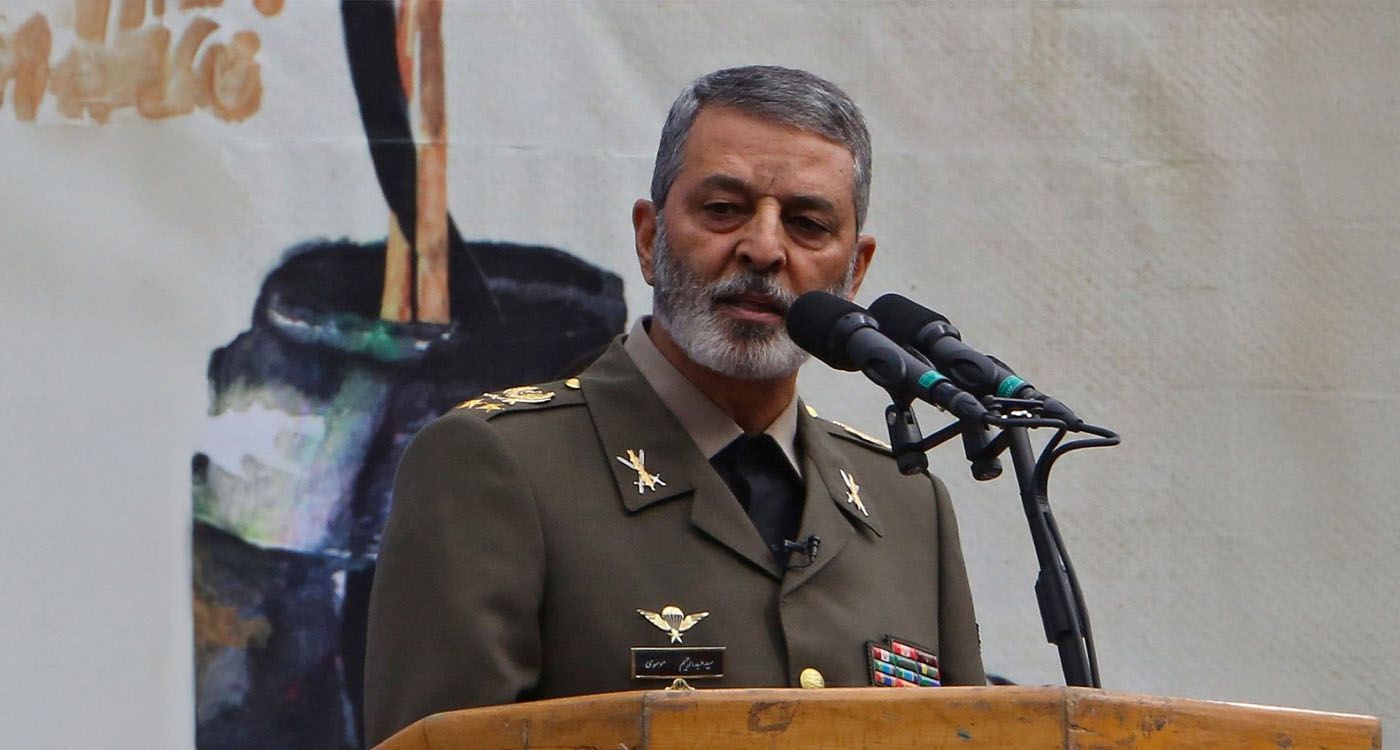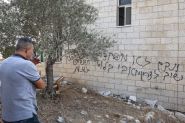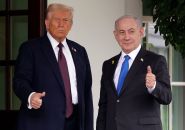- Home
- Middle East
- Iran’s Top General Warns of “Strategic Surprises” Amid Sacred Defense Week

Iran warns of "strategic surprises" on Sacred Defense Week despite vulnerabilities exposed in its conflict with Israel and US strikes. ©ATTA KENARE / AFP
The Chief of Staff of the Iranian Armed Forces, Major General Abdolrahim Mousavi, issued a stern warning on Monday, asserting that the country is prepared to deliver “strategic surprises” in response to any attack.
In a message marking the commencement of Sacred Defense Week, he emphasized Iran’s growing deterrent capabilities and stated that the military would confront threats with responses that are “timely, decisive and regret-inducing.”
The general’s remarks coincide with the annual commemoration of the 1980–1988 Iran-Iraq war, officially known in Iran as the Sacred Defense. His statement linked present-day military preparedness to the memory of a conflict that continues to shape the Islamic Republic’s identity.
Mousavi highlighted Iran’s advancements in developing indigenous defense technologies, including missiles, drones and cyber capabilities. He urged continued investment in modern warfare tools and warned against what he described as “cognitive war,” a reference to disinformation and psychological operations.
Iran often utilizes Sacred Defense Week as a platform to showcase progress in its military industry. Parades in Tehran and other cities feature missile systems, armored vehicles and aerial drones. These displays are designed both to reassure the domestic audience of readiness and to signal deterrence to adversaries.
Why Sacred Defense Week Matters
Sacred Defense Week marks the anniversary of Saddam Hussein’s invasion of Iran on September 22, 1980. The war lasted eight years, causing immense destruction and loss of life. For Iran, the conflict became a defining test of the post-revolutionary state.
The phrase “Sacred Defense” conveys the official narrative that the war was not only about defending borders, but also about protecting the Islamic Republic itself.
Commemorations include visits to cemeteries, cultural programs, media coverage of veterans and educational events for students.
For Iran’s leaders, the memory of the war continues to shape strategic thinking. The sense that the country stood largely alone against Iraq, while Hussein enjoyed backing from global powers, has fueled a long-standing belief that Iran must rely on its own defense industries and alliances.
Implications Beyond the Anniversary
Major General Mousavi’s recent warning emphasizes Iran’s heightened military posture following the June 2025 conflict with Israel and US involvement. Iran’s retaliatory missile strikes on Israeli cities, including Tel Aviv, resulted in casualties on both sides. The US strikes on Iranian nuclear facilities, such as Fordow and Natanz, have been perceived by Iran as direct acts of aggression, leading to a broader regional escalation.
Iran’s rhetoric serves as both a deterrent to adversaries and a reassurance to the Iranian populace of their government’s resolve.
However, the irony lies in the fact that during the June 2025 conflict, Iran’s nuclear infrastructure was targeted and sustained significant damage. Israeli airstrikes, including those on the Natanz and Fordow facilities, disrupted Iran’s nuclear program and inflicted considerable losses. Despite Iran’s claims of resilience and deterrence, these strikes exposed vulnerabilities in its defense capabilities.
Read more



Comments